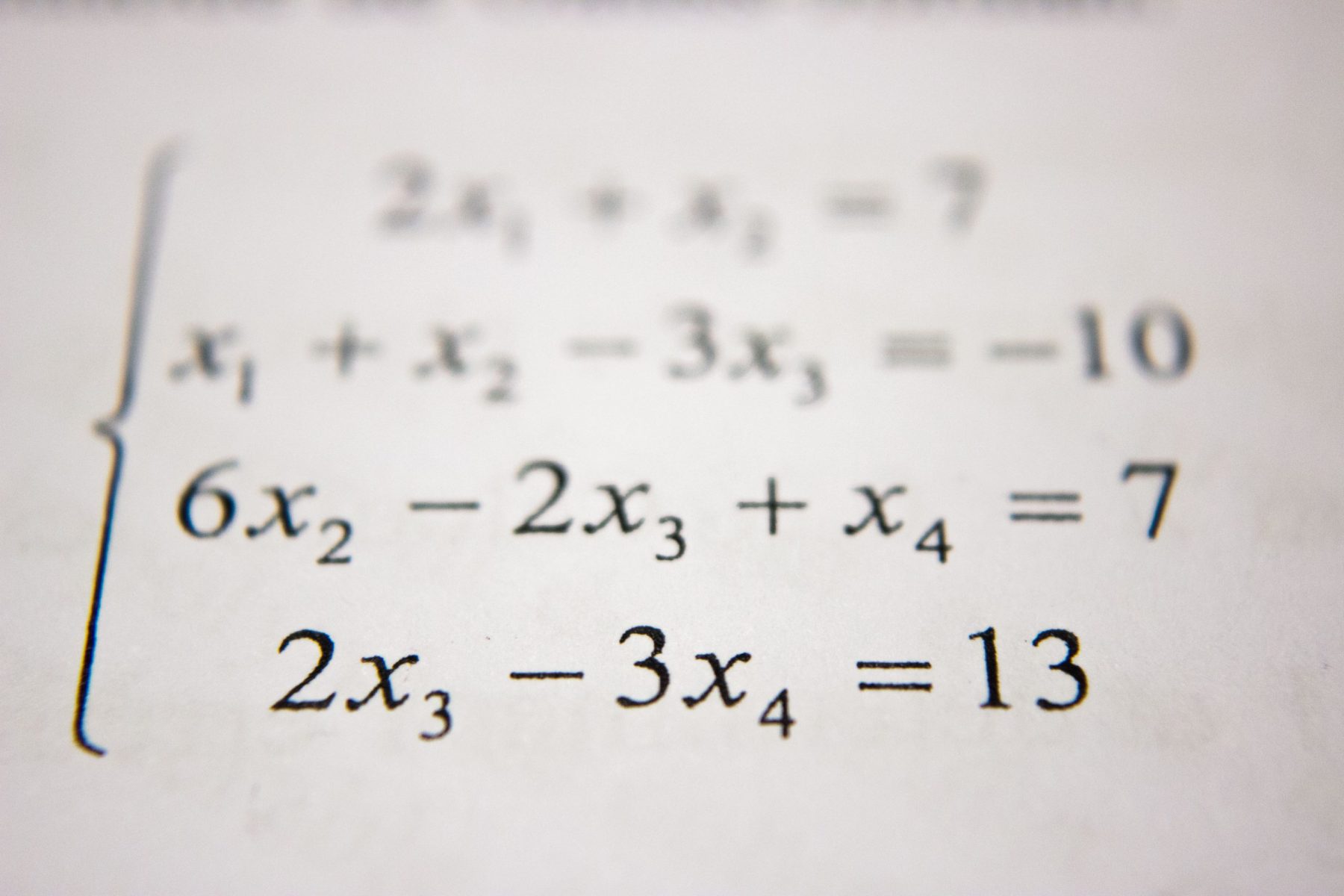Math and psychology can arguably give you the upper hand in every game if you’re able to use them to your advantage. Poker is a classic example of a game where you have terrific prospects if you’re able to harness the power of the two disciplines. This is easier said than done, of course.
Do You Have What It Takes to Win?
Poker is perhaps the most popular card game in the world. It’s easy to play, but it will give you an adrenaline rush like no other card game. All casinos offer poker, and the best players can reach the World Series. But what about less gifted players? What can they do to gain the upper hand?
A few years ago, the BBC aired a show called “The Infinite Monkey Cage,” to which two mathematicians were invited: Hannah Fry and Alex Bellos. Fry began by raising the subject of using math to get the upper hand in poker.
Poker Is a Game of Logic
Fry said that poker was a highly logical game where you need to estimate the probability of a victory for yourself and not the other players. You need to estimate how many different cards are left in the pack that could bring you a win based on your hand. You can count the cards. You can also judge what the others have that might beat your hand, according to Fry. When you combine the two, you have your probability of a victory. To her, it’s simple to do.
The Psychological Side Is Critical
Fellow mathematician Bellos said psychology was more important than number games in terms of the outcome. He believes players need some fundamental understanding of numbers, but they need to learn psychological tricks, like reading facial expressions.
According to psychologist Richard Wiseman, the “poker face” is a myth. People make all sorts of expressions while playing poker, and if others could learn what they meant, they’d have the upper hand. This isn’t happening, however, and people are really bad at reading each other’s expressions and body language. Wiseman recommended learning to fake your emotions to throw off opponents but added that if you are convincing enough to fool them, you won’t have many friends by the time the game’s over.
One could also add that the same probably goes for online poker games if you’re playing against other people.
On Whether Math Knowledge Is Enough
Researchers with the University of Lethbridge carried out a study to examine the impact of improved knowledge of mathematical projections and odds on the wagering behavior of participants. A statistically significant group of occasional gamblers was instructed on probability theory as it relates to betting. The control group got generic probability instructions. There was another group that got no mathematical instruction at all.
The experimental group (the first one) showed resistance to common fallacies and a superior ability to calculate the odds a few months after receiving those instructions. However, their improved skills and knowledge did not motivate them to start betting less money or less often. The authors of the study drew the conclusion that improved mathematical knowledge might not be enough to change gambling behavior, at least on its own.
Does Luck Have Anything To Do With Outcomes?
Joseph Mazur tried to answer this question. In writing the book “What’s Luck Got To Do With It,” his purpose was to find out why people gambled even though almost everyone knows they are at a disadvantage mathematically.
He starts by exploring the global economic downturn of 2008, describing the global implications of the loan and housing crisis in the U.S. What’s relevant about this is the gambler’s fallacy at the core of the crash. Many people were too trusting in markets’ capacity to self-regulate. That is, they were sure a bull market would follow the prolonged downswing.
The author’s main idea was that markets are chaotic and irrational, and people will try to find patterns that don’t exist. The same principle applies when playing games of chance with the hope of making a profit.
The Math Behind the Fallacy
Mazur, a professor of mathematics, has a self-explanatory enthusiasm for numbers. He explores the math behind the fallacy in the book’s second section. He explains that the casino has a slight mathematical advantage, but it’s significant enough to make it almost impossible for a person to win long-term.
He compared betting on heads for a coin toss to betting on the red in roulette to prove his point. With more and more attempts, the player faces a compounded disadvantage. There may be a law of big numbers, but it is irrelevant to independent, individual events. Mazur makes a convincing presentation, which should be very helpful for people who have struggled to grasp “the house advantage.” It is more present than ever when you play games of chance online.








